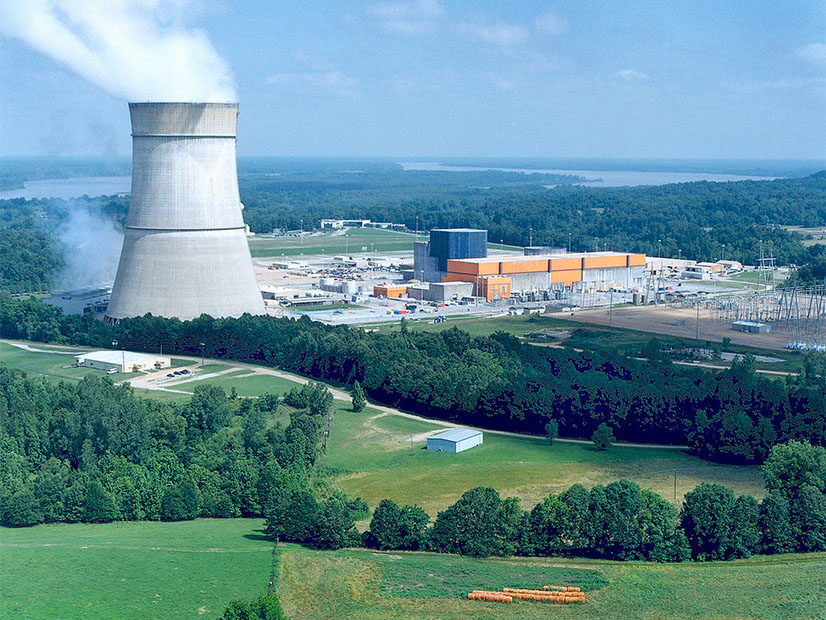The Fifth Circuit Court of Appeals told FERC Wednesday that it must explain why it has yet to rule on disputes between state regulators and Entergy that have been pending for up to six years.
The Louisiana Public Service Commission has filed several FERC complaints against Entergy’s (NYSE:ETR) System Energy Resources, Inc. (SERI), which runs plants jointly owned by the firm’s different utilities, notably the Grand Gulf Nuclear Station in Mississippi.
The PSC, along with retail regulators in Arkansas, Mississippi and New Orleans, have submitted several complaints in recent years challenging SERI’s rates — the oldest dating back to January 2017 (EL17-41) and the newest in 2021 (EL21-56). (See Entergy Regulators Ask FERC to Settle Grand Gulf Dispute.)
“The LPSC argues that consumers are over-paying SERI by about $4 million per month due to the activity alleged in one complaint,” a three-judge panel said. “Another complaint alleges that consumers in Louisiana unjustly paid a further $360 million in costs for Grand Gulf.”
The Louisiana commission went to the court to complain that FERC was taking too long in the proceedings, and its inaction was “causing irreparable injury to consumers.”
While Congress never imposed firm deadlines for FERC to resolve Section 206 complaints under the Federal Power Act, “it certainly anticipated greater alacrity than this,” the court said.
The Regulatory Fairness Act of 1998 holds that FERC is supposed to give Section 206 complaints the same priority as Section 205 filings, which come with firm deadlines. FERC is supposed to explain why it has not ruled on a complaint after 180 days, but it regularly ignores that requirement and did so in the Louisiana PSC’s complaints, the court said.
“Despite the RFA’s guidance, Section 206 proceedings before FERC appear to take much longer, costing consumers hundreds of millions of dollars and pressuring parties to settle,” the court said. “The remaining LPSC complaints have gone four to six years without resolution.”
FERC argued against any requirement to act on the case, saying it would allow it to skip the queue of other items pending before it. But the court said that argument concedes that the federal regulator has other Section 206 proceedings that have been pending even longer, meaning many consumers have been paying unjust rates, without hope for a refund, for more than six years.
FERC must make a filing within 21 days explaining why it has taken so long to deal with the regulators’ complaints.


